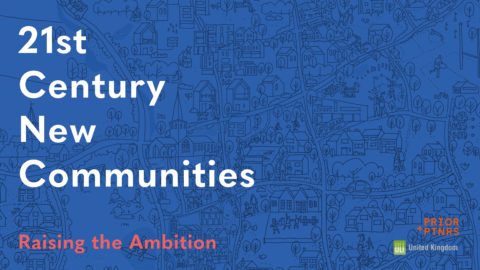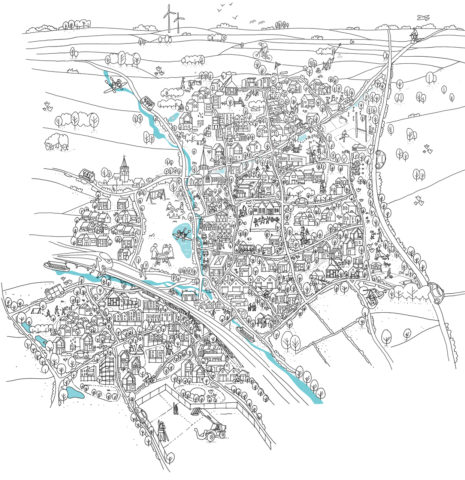Vanessa Hale, Chair, ULI UK, said:
“Everyone is well-aware of the housing crisis which the UK is facing, but the built environment industry and public sector tasked with meeting that challenge are facing their own crisis: a crisis of public confidence that not only can it deliver required housing volumes but that large-scale new development can be part of the solution which meets the needs of local communities with high-quality, sustainable places where people will, fundamentally, love living.
“We know that the industry possesses the skills to deliver amazing places, as evidenced by the quality of some of our large-scale urban regeneration schemes, but also that we can and must do better to raise the level of ambition for what new developments can provide.
“Drawing on examples of best practice, this report builds on previous work to date exploring how to address the supply, diversity, and quality of UK housing and, we hope, provides a new framework for successful and sustainable new community development.”
According to the public survey, of those respondents who provided an opinion more than two thirds (67%) felt that the quality of current new community development is poor overall.
Similarly, of those who gave an opinion an overwhelming majority of the public (78%) have a significant lack of confidence in the industry to deliver development that is in the best interests of local communities.
ULI UK and YouGov also analysed the factors which might lead individuals to support the creation of a new community in their local area. Green space and parks were the number one factor, followed by affordable housing and provision for wildlife habitats and biodiversity.*
- Green space (39%)
- Affordable housing (35%)
- Provision for wildlife (33%)
- Community services (32%)
- New employment opportunities (26%)
These factors correspond with the attributes which “21st Century New Communities” identifies as being fundamental to successful development, with the report defining the ideal new community as: healthy; productive; thriving; distinctive; resilient; convenient.
Jason Prior, Prior + Partners, commented:
“Now is the time to set a new ambition for the design and delivery of new communities, to create great places that are fit for the 21st century and beyond. The UK’s housing challenge is deep and the creation of high-quality new community developments that are distinctive, resilient and well connected, where people can live healthy and productive lifestyles, can be part of its solution.
“These large-scale developments present a real opportunity to deliver differently. The climate emergency, demographic shifts and technological change, to say nothing of Covid-19, have all combined to make us re-evaluate what we want from our homes and neighbourhoods. Future new communities will need to be very different to those of the recent past to be truly inspirational and sustainable places to live and they must focus centrally on what it is that the people who live in them value most. Delivering on this ambition will require robust engagement, new stewardship models and new thinking on funding and investment from both the public and private sector. This will ensure that there is early and sustainable investment in placemaking and strategic infrastructure which are central to effective community building and to delivering both economic and social value.
“Through being bold and ambitious, the development of new communities can create fantastic new places to live, with positive impacts which extend far beyond their boundaries.”



